The future of legal education & training in England and Wales
Key stakeholders will examine significant changes in the pathway to qualification for solicitors and barristers, looking at:
- new courses and qualifications, and their introduction and implementation
- what they mean for law as an attractive and accessible profession
- how they support the development of new skills and use of technology that will be needed by lawyers of the future
The agenda:
- The Solicitors Qualifying Examination (SQE) and next steps for implementation
- Introducing the new barrister training courses - progress and remaining concerns
- The challenges of implementing the SQE and the changes to barrister training so far - knowledge and skills development, and opportunities offered by the new qualifications
- Improving access to the legal profession - promoting the law as a career option, addressing costs and trainee salaries, and alternative routes to becoming a lawyer
- Legal education in England and Wales in an international context: preparing students for work at international law firms
- Modernising education for new sectors and the future role of technology - legal services for new business models, utilising innovative technology, and improving digital and remote learning
***Full-scale policy conference taking place online***
The background to the discussion:
- The new Solicitors Qualifying Exam (SQE) system expected to be implemented in 2021, with the aim of:
- replacing the Graduate Diploma in Law (GDL) and the Legal Practice Course (LPC)
- providing a consistent evaluation across all academic routes of solicitor training
- increasing competition and innovation in universities for offering legal education courses
- widening access to the legal profession
- The final decision by the Legal Services Board (LSB) - expected before this conference - on whether to:
- approve the new qualification following a series of pilots, or
- ask the SRA to make further revisions
- Concerns from some in the sector, and from the Justice Select Committee, on the structure of the qualification - particularly the impact of the removal of a written skills test and its replacement with a multiple choice format
- An alternative range of courses for those seeking to qualify as a barrister approved by the Bar Standard Board to replace the Bar Professional Training Course (BPTC), which are expected to:
- be available as of September 2020
- provide an option to pause studies and take on paid work
- Concerns from some in sector that the stringent application process for the new course - and the limiting of places to 100 - will potentially lead to a two-tier system
- The ongoing COVID-19 health emergency, with its impact on university participation, as well as potential implications for implementing the SQE
The discussion in detail:
The new qualification route for solicitors:
- the shape of the new SQE and challenges that have been voiced, as well as assessing opportunities it presents, including:
- the possibility of allowing course providers to adapt to the new qualification more easily
- its potential to increase the amount of remote learning
- reform to the assessment system for solicitor training - and its implications for:
- modernising examination methods
- improving access for prospective lawyers
- monitoring cost effectiveness
New two-part barrister training courses - looking at their introduction in September, including:
- early indications from how the courses are operating
- whether the change will succeed in the key aim of making the course more accessible and affordable to a wider range of people
- how to address concerns that the stringent application process for the new courses and the limiting of places to 100 will potentially lead to a two-tier system in barrister training
Expanding routes to professional engagement - looking at:
- solicitor apprenticeships and supporting legal education at sixth form and secondary school level - and improving the attractiveness of the legal profession as a career option
- accommodating changing learning habits
- growing industry training during studies
- the inclusion of disadvantaged groups
Supporting progression, including:
- best practice for preparing aspiring barristers and solicitors for competitive appraisal and selection processes - and supporting the provision of fair trainee salaries
- the impact of changes to legal training in an international context - and preparing students for work at international law firms
Working with innovative technology - with discussion expected on next steps for:
- expanding digital and virtual learning
- utilising AI and data science
- preparing students for new business models
- what can be learnt from international approaches
Policy officials attending:
Our forums are known for attracting strong interest from policymakers and stakeholders
There’s an outline of the government departments, regulators and other interested parties who we expect to take part here.

